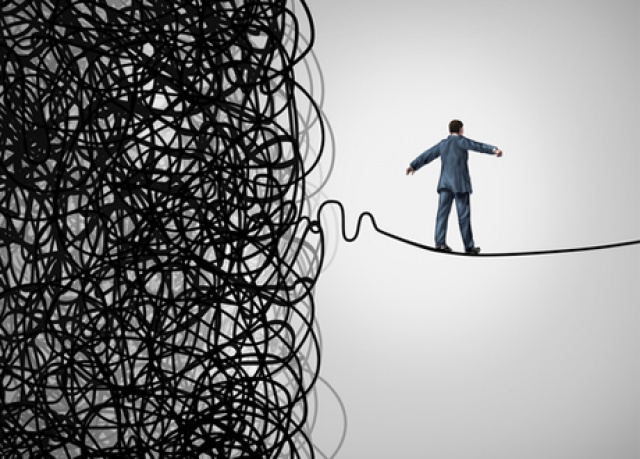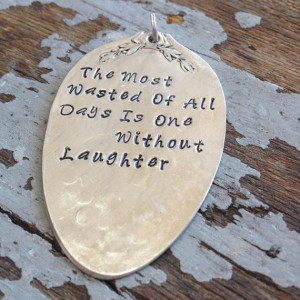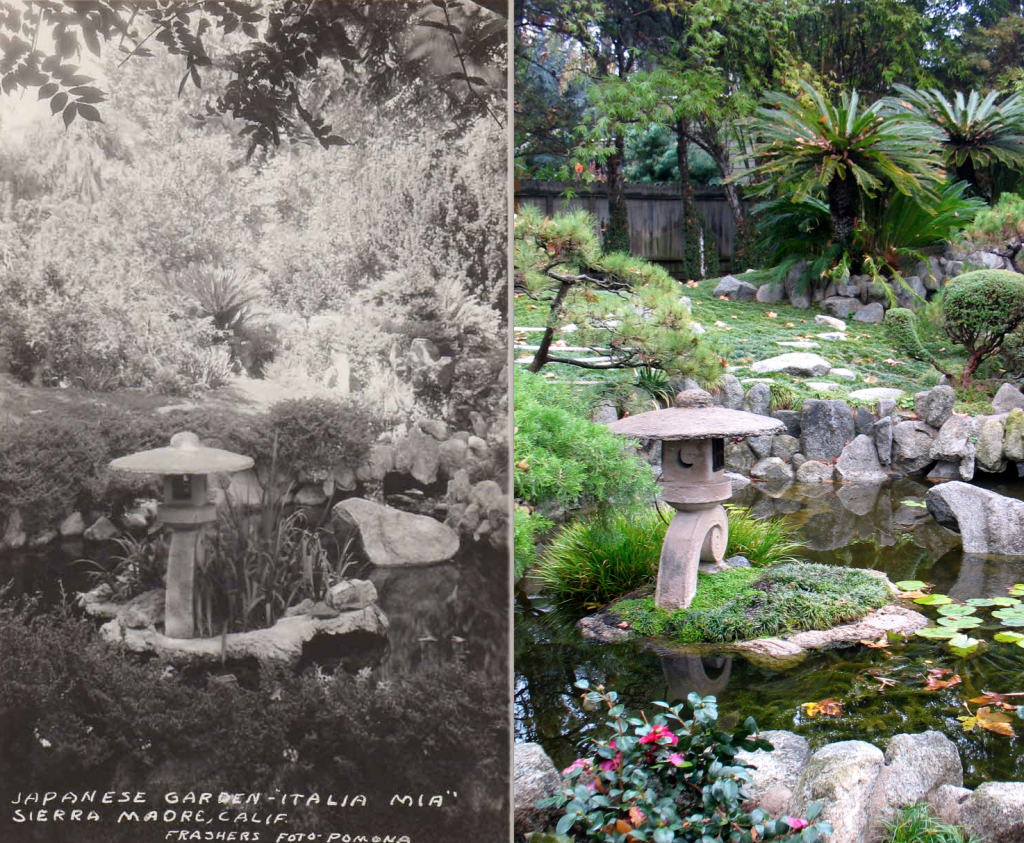
How do we find joy amid chaos?
I’ve been practicing meditation for 25 years now, and this question tells you why. It’s why I do retreats as a student, and it’s why I offer them as a teacher. Each of us, no matter what the circumstances, can find ourselves in a daily struggle to stay sane. And if not completely sane, at least positive. And if not totally positive, than at least moderately hopeful. There is so much going on. We can’t catch up or get ahead. Even our kids are too busy. Everyone is stressed, pressured, and anxious. The outlook is for more of the same. We may feel an urgent need to slow things down, or a depressing belief that nothing we do will make a difference.
We might think that chaos is a unique feature of our 21st century culture, but that isn’t so. True, technology means that we can work 24/7, and we have our devices to thank for our chronic distractibility. We may lack the support of family and friends, and feel disconnected from meaningful relationships. But I bet that you don’t need to look very far back in your family history to find a time when your own ancestors struggled just to maintain adequate food and shelter, or labored under catastrophic wars, disasters, and economic or social injustice. In short, life has always been hard, and often a lot harder than it is now. The proverbial “simpler time” we yearn for might not have been simple at all.
Contemplative practices such as meditation originated many thousands of years ago and haven’t changed. They don’t need to change. They don’t need to be modernized or adapted to the millennial mindset. They depend solely on oneself. And they work. This is what I have observed in my own meditation practice: stillness and silence bring peace, and from that peace springs radiant joy that you can experience for yourself.
It begins in chaos. Are you troubled, confused, anxious or overwhelmed? You’ve taken the first step to joy.
Enter the chaos
All spiritual practices are born in chaos — the shock of loss, the pain of despair, the sobering certainty of old age, sickness and death — the recognition that time swiftly passes and you are not in control. When the world is moving too fast, we always have a choice: to be tossed about by external events, or to center ourselves in the midst.
Drop resistance
The fact is, you’re upset. Frustrated, disappointed and annoyed. Resentful, regretful or indignant. Uncomfortable, uneasy and afraid. Most of us have developed a hard outer edge: the edginess that comes from resisting the way things are. Once you recognize what you are holding on to, you can drop it. It’s a lot of work to haul that extra stuff around, and it makes you feel terrible.
Exhaust yourself
No longer struggling against anything, you might instead feel . . . tired, very tired, and tender, very tender. Your heart softens, and you feel genuine compassion for yourself and others. Everyone is simply doing their best. This is a key step on the journey, because now you are courageous enough to do the most difficult thing of all.
Be still
A great teacher once said, “The effort of no effort is the hardest effort of all.” Using breath as a guide, meditation draws you into the still center of your being. You can stay, rest, and relax there. Your core of stillness, which is pure presence, is the place where healing and transformation occurs.
Enter the silence
Some people approaching their first retreat think that keeping silent will be the biggest challenge for them. I always remind folks that silence is not a prohibition. It is instead an invitation to enter the silence that is already here. Once the mind is quieted and the heart is calmed, everything is exactly as before, but without the noisy rat-a-tat-tat of our judgments. Inner silence harmonizes with all outer activity.
In silence we find quiet joy and gratitude for our life, and for all those who share it with us.
What a useful thing to bring home from retreat. Perhaps you could find out for yourself.
***
Join me at Still Summer: A Zen Retreat in Ohio the weekend of July 5-8 in Cincinnati.


 You might think I’m using a metaphor when I say that my spiritual practice is doing the laundry. Metaphor or not, laundry is the practice of seeing things as they are. Take a look at how to go from the hamper to happiness in eight steps.
You might think I’m using a metaphor when I say that my spiritual practice is doing the laundry. Metaphor or not, laundry is the practice of seeing things as they are. Take a look at how to go from the hamper to happiness in eight steps.


 If you want time, give away your preoccupations.
If you want time, give away your preoccupations.

 I’ve trained a bluejay, out of my own delight, to perch like a cat outside my door.
I’ve trained a bluejay, out of my own delight, to perch like a cat outside my door.
 On Sunday evening, my daughter looked up from the sofa and told me she was going to write a blog post. Seeing it later, I wondered if she was reading my mind. She was no doubt reading her own mind, consoling that restless uncertainty that surfaces in the spring. Maybe the bunny brings us fluff to buffer the bumps ahead: the transitions, the spurts, the sudden endings and the fits. Things are changing all around and in-between us, and I can scarcely steal a kiss. I smiled when I saw how she straddles her precarious age, savoring one piece of kiddie candy before wrapping herself in the shiny gloss she lets us see.
On Sunday evening, my daughter looked up from the sofa and told me she was going to write a blog post. Seeing it later, I wondered if she was reading my mind. She was no doubt reading her own mind, consoling that restless uncertainty that surfaces in the spring. Maybe the bunny brings us fluff to buffer the bumps ahead: the transitions, the spurts, the sudden endings and the fits. Things are changing all around and in-between us, and I can scarcely steal a kiss. I smiled when I saw how she straddles her precarious age, savoring one piece of kiddie candy before wrapping herself in the shiny gloss she lets us see. Some truths are self-evident. Money can’t buy happiness. Appearances don’t matter. You can’t tempt me with a mindless shopping spree. So it’s easy for me to say no when my 11-year-old daughter resumes a noxious whine for skinny jeans or a bazillionth pair of dimestore earrings. I’m not the mom who shops. I’m the mom with the $12 haircut, wearing the 10-year-old sweater, in the same faded khakis you saw me wearing yesterday. I am the one with a half-empty closet, a near-empty wallet, and a brand of religious devotion that keeps them that way. I’m a Buddhist priest. I’m not the mom at the mall.
Some truths are self-evident. Money can’t buy happiness. Appearances don’t matter. You can’t tempt me with a mindless shopping spree. So it’s easy for me to say no when my 11-year-old daughter resumes a noxious whine for skinny jeans or a bazillionth pair of dimestore earrings. I’m not the mom who shops. I’m the mom with the $12 haircut, wearing the 10-year-old sweater, in the same faded khakis you saw me wearing yesterday. I am the one with a half-empty closet, a near-empty wallet, and a brand of religious devotion that keeps them that way. I’m a Buddhist priest. I’m not the mom at the mall.
